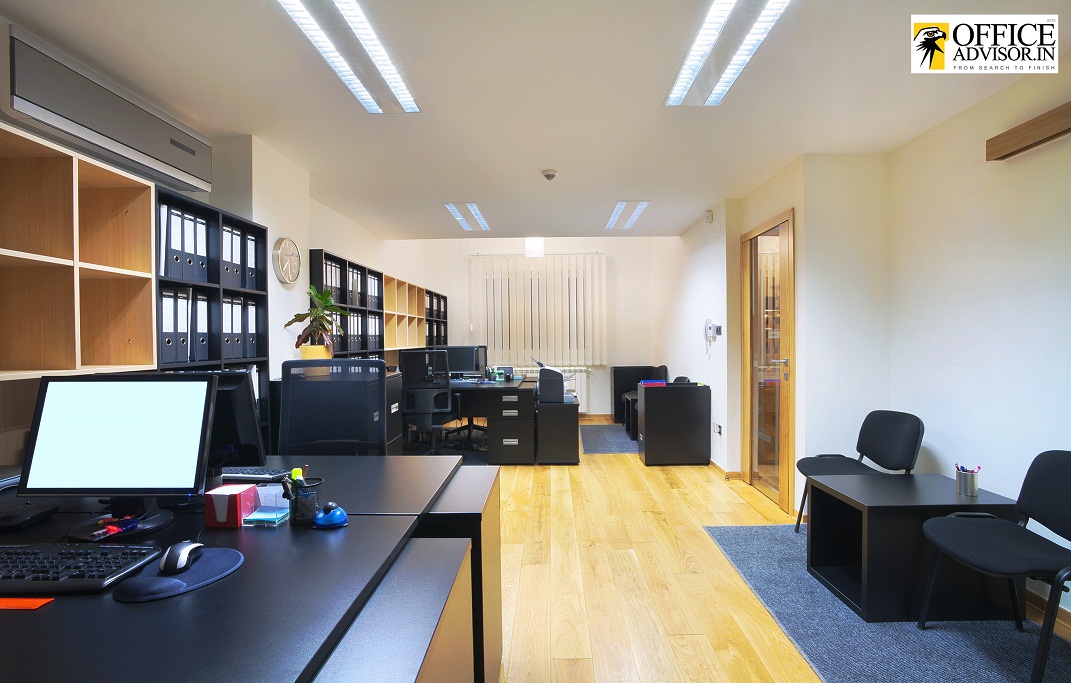6 Steps to follow when you search for your next Office Space

Office is not just some space. Its identity. It’s a destination. It’s an asset. It’s progress. Since an office is where a business originates, it’s a centre for growth. When looking for your new office, an adequate need analysis and thorough evaluation of a prospective work place must happen before settling for it.
So, just how does one go about this process? Take the following steps from the industry experts:
1) Do some soul-searching
Figure out what has catalysed your move. See how the move fits into the scheme that drives the workplace change. Analyse what changes the new office must have to address. Is it merely the lack of space? A better address? Or is it the lack of a specific kind of physical infrastructure? Is there a need to ramp up and provide for planned growth?
2) Just how much is enough and which is the ideal location?
Estimate the space required right at the beginning of your office search exercise, the number of employees and likewise the space required for workstations, cabins, meeting rooms, pantry etc., and most importantly your vehicle parking needs. Also factor the nature of business and accordingly identify the most suitable location.
3) Who does the office need to accommodate? And for how long?
Every organisation is a melting pot. People in different age groups, positions, their nature of work and functional needs inhabit the office. In order to foster growth, the office space must accommodate all their needs. Your office space must not only cater to the immediate manpower profile but also be able to cater to future manpower plans, as you don’t move your offices very often.
4) Budgeting: Total rent outflow along with the overhead cost
Chalk out a clear budget at the beginning of the exercise. Take into account, not just the rent, but all the overhead costs, like maintenance, parking charges, tax on rent, rent escalations etc. Before concluding your transaction, a thorough evaluation of the office space you have identified is a must. Make sure you have enough market data about prevailing office rents, to validate your decision.
5) Don’t leave anything to people’s imagination
Clear communication is a key to the success of any move.
After all, shifting into a new office has many implications: the distance an employee needs to travel, the ergonomics of the new workplace, and the sheer emotional attachment that employees may have to their original workplace. The news of the ‘move’ has to be gently broken through strategic internal communications.
6) Work with an Advisor
When you hire an expert, you don’t need to know everything about buying or leasing, as there are many heartburn stories of the gullible getting the raw end of a carelessly negotiated deal. That apart just the trauma of hunting for property that "fits the bill" is enough to put one off the whole affair.
Henry Ford once said that “When you hire people who are smarter than you are, it proves you are smarter than they are. The trick is to find the right person.
Add Comment







